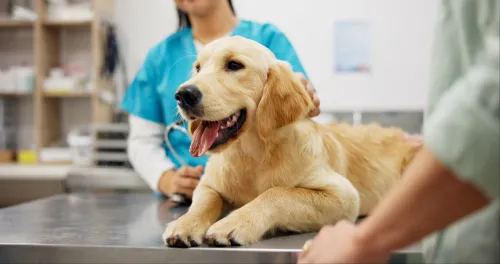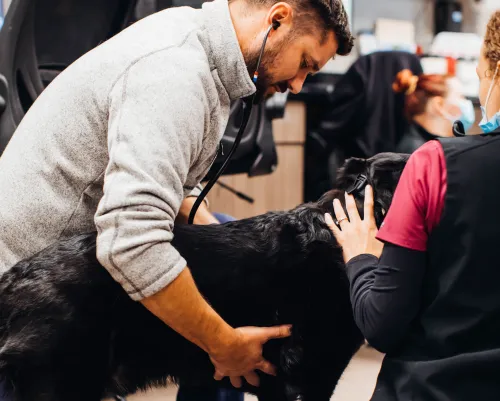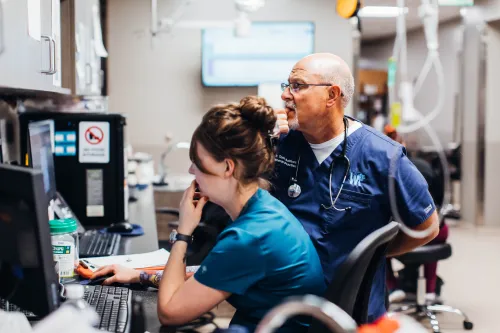Diplomates
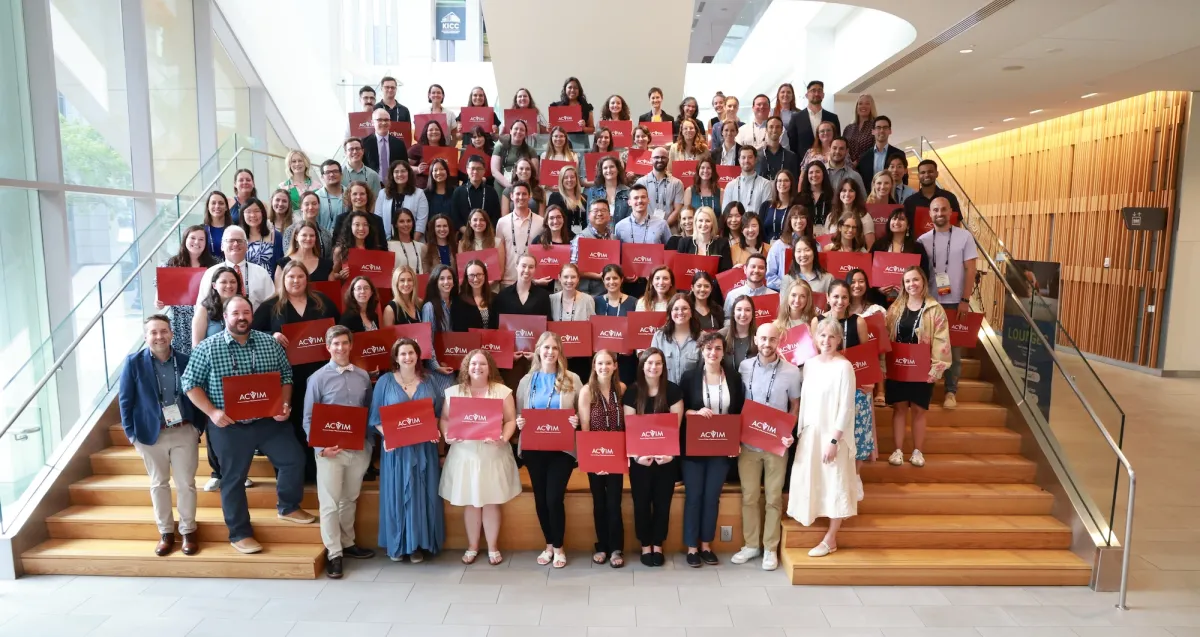
Log in to unlock this content
You do not have permission to view this content. Sign in to continue.
Your Benefits at a Glance
Wellbeing
Member Assistance Program (MAP)
Specialty VetMed Compensation Compass
Marketing Toolkit
Specialty Medicine Awareness Efforts
Our team works together across all areas to assist members with a variety of needs.
If you have a question or concern, get started by reaching out to one of our central inboxes. If you aren't sure who to contact, don't worry! We'll direct you to the right person.
The 2026 ACVIM Forum
Save the Date!
Join us in Seattle, Washington from June 11-13, with the Specialty Symposium on June 10, to grow your knowledge, grow your connections and grow the future of specialty medicine.
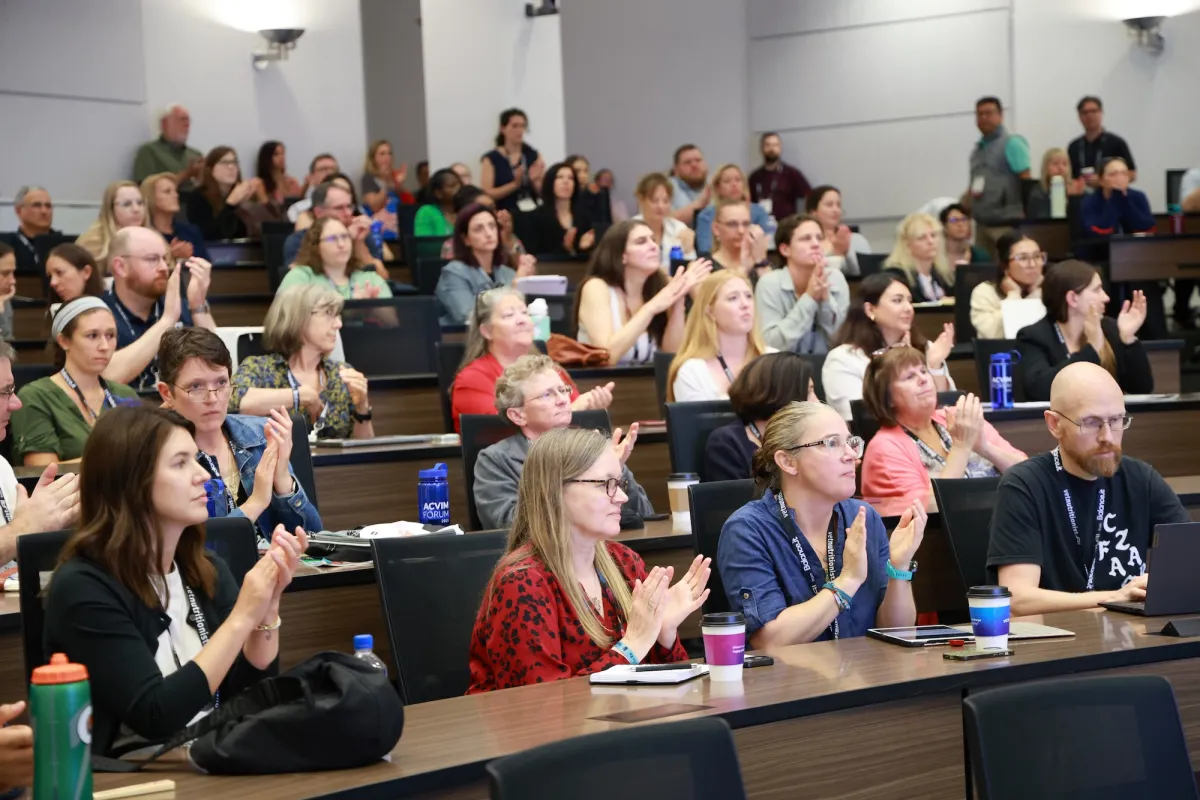
Journal Access
Members receive access to 9+ leading journals and enjoy reduced publishing fees through exclusive discounts on article processing charges and submission costs.
Ovid Discovery Journals
Veterinary Surgery
Veterinary Clinical Pathology
Veterinary and Comparative Oncology
AND MORE
Additional Resources for Diplomates
The latest news and updates for ACVIM Diplomates, all in one place. Not receiving these in your inbox? Check your communication preferences in your Diplomate Dashboard.


